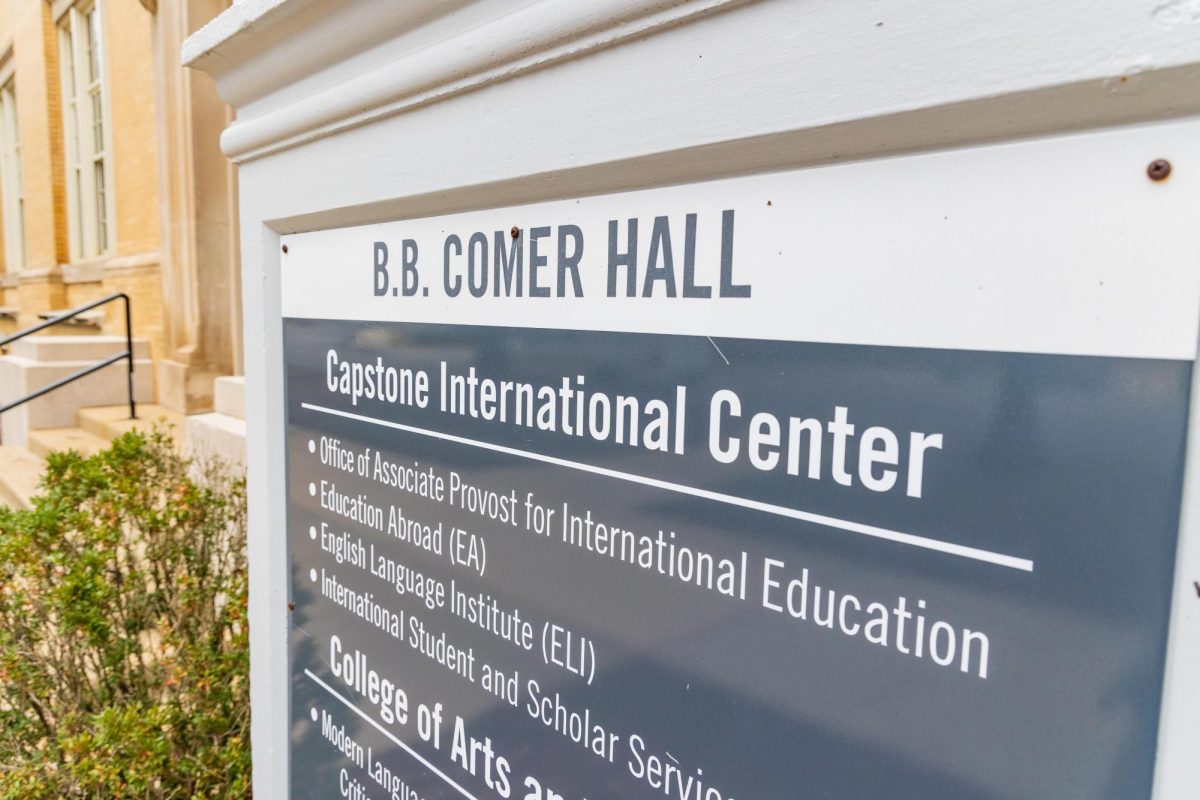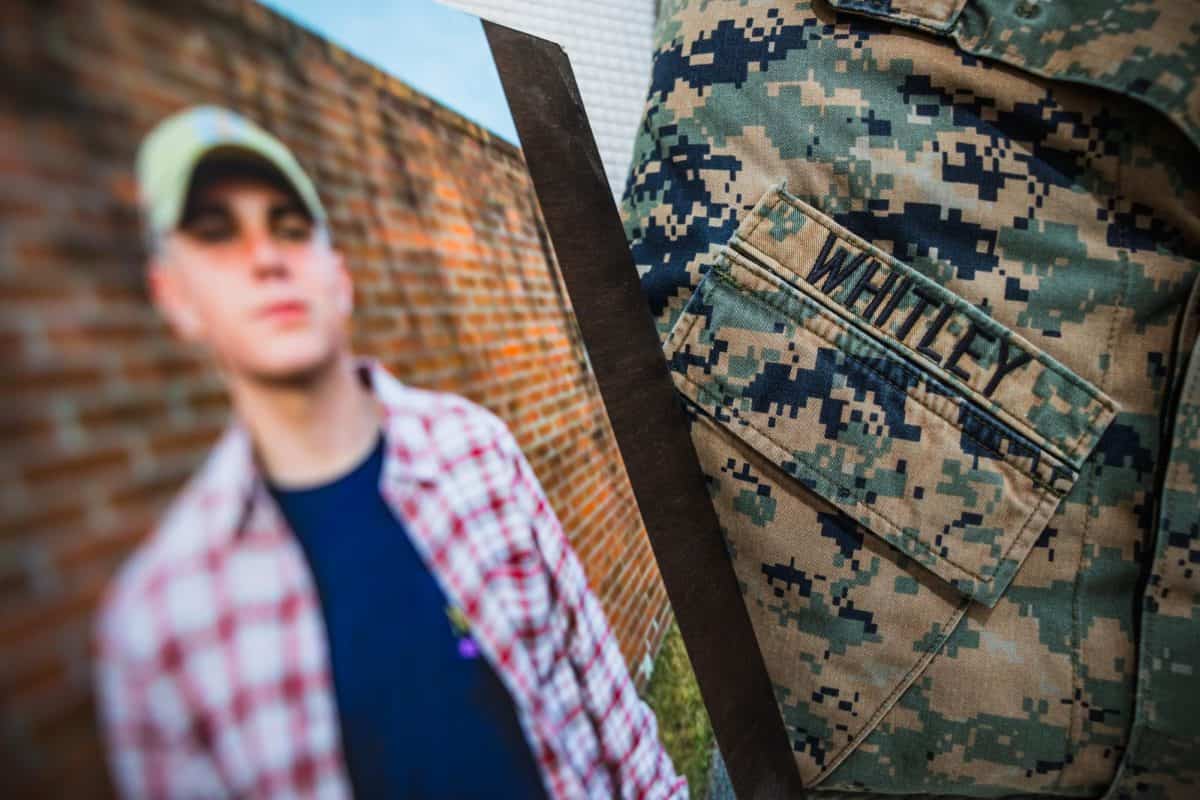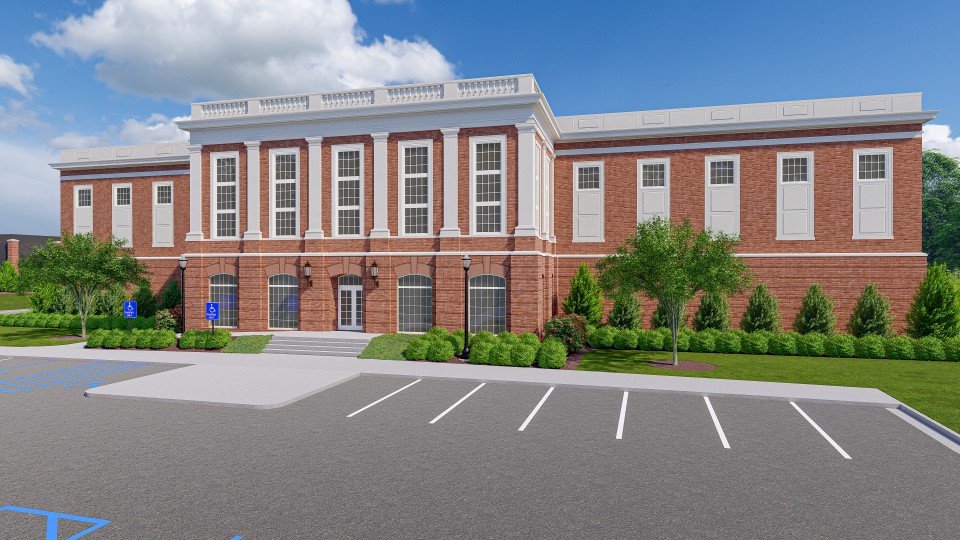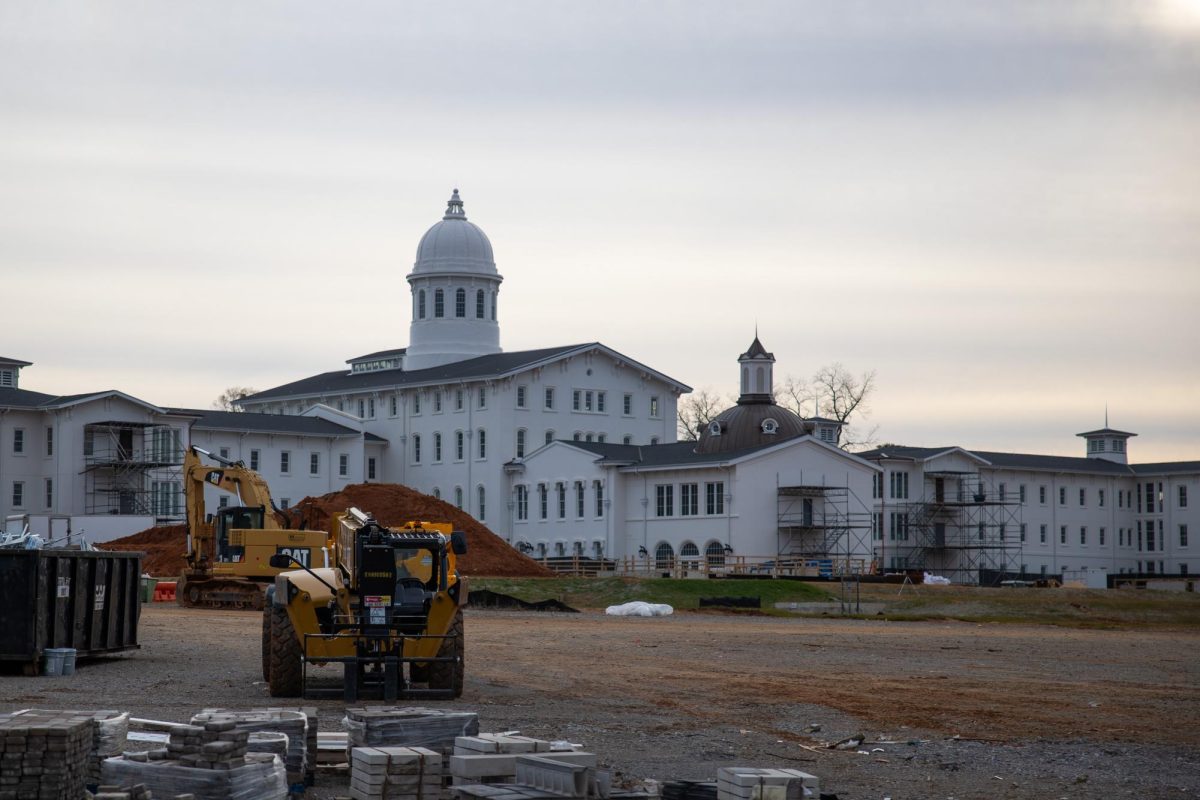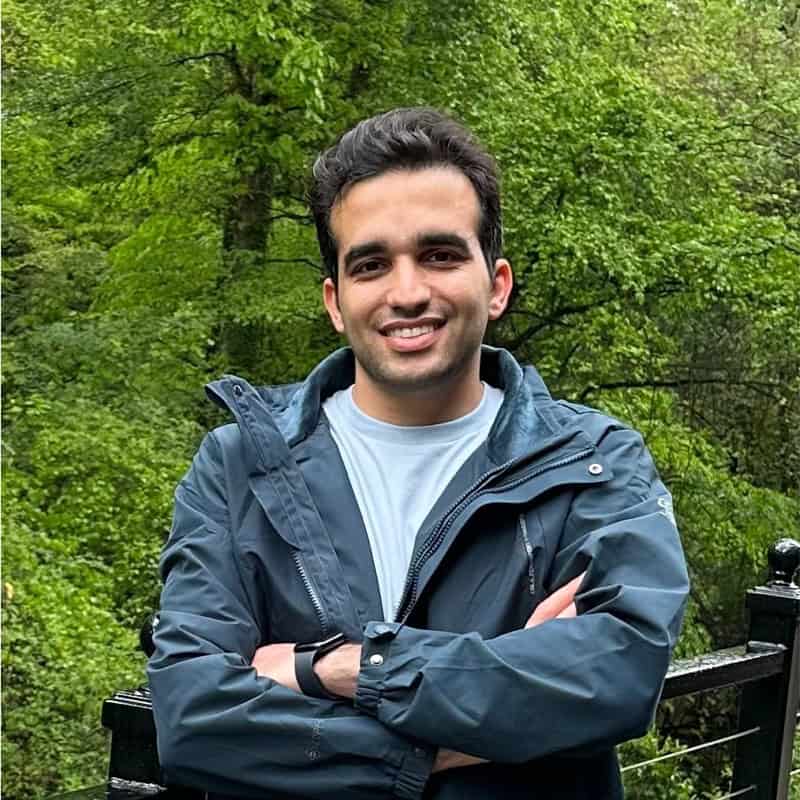As a child, Jonathan Stone was fascinated by science. He enjoyed anything that involved the earth, volcanoes or natural processes.
Now Stone, a graduate student at the University, has received a NASA Earth and Space Science fellowship that includes a grant of $90,000 renewable for $30,000 for three years. Stone said he will submit a request for the renewal that will be evaluated based on his progress for the timescale.
Stone was one of 55 chosen from 278 graduate students across the country, according to a UA press release. Stone said the application was an extensive six-page paper on what he would do if he received the grant.
“The key to Jonathan’s success is that he submitted an excellent proposal that included bold and innovational ideas that simultaneously satisfied NASA’s vision for research in Jonathan’s field of interest,” said Timothy Masterlark, assistant professor of geological sciences at the University in an e-mail. “His proposal was an exceptional piece and it was a pleasure to endorse and submit the grant for consideration.”
Masterlark said he was optimistic about the proposal, but that he did not expect Stone to win. This grant will provide Stone with time, an important thing for a graduate student. Stone also has the opportunity to publish his work early in his career, Masterlark said.
“Jonathan is effectively a colleague,” Masterlark said. “We frequently discuss ideas and results, but the vast bulk of his work is independent.”
While he might be seen as Stone’s mentor, Masterlark said the learning goes both ways. Stone’s work involves predicting volcanic activity. Better predictions mean better hazard assessments, Stone said.
“Essentially, it’s expecting a problem,” Stone said. He gave the example of North American and Asian air traffic coordination. Through Stone’s work, hazards in a flight’s path can be identified.
According to a UA press release, Stone is studying the Okmok Volcano in Alaska, but Stone said most of his work is not specific to that volcano and that any area with a volcano could benefit from his work.
Stone said he presented his preliminary results at the 2010 Fall Meeting of the American Geophysical Union in San Francisco, Calif. during the Christmas Break.
“I got a great response,” Stone said. “Scientists showed interest in the tool I’ve developed.” This tool allows automation of a computer model of a volcano. Users put in values and specifications and the computer builds a model instead of the user going in manually.
“Based on feedback I received from my colleagues regarding preliminary results that Jonathan presented during the 2010 Fall Meeting of the American Geophysical Union, it is clear that international-level scientists will be watching his progress very carefully,” Masterlark said.
“I don’t have a whole lot of free time,” Stone said. “I do a lot of work on breaks, and I don’t get to take a lot of time off.” Stone laughed about his class, home and work schedule.
“All I can remember is that when he first learned to spell he was around 3 years old,” said Danah McAllister, Stone’s sister. McAllister also said her brother learned to count before he was in school.
“He never seems hurried because he loves learning,” McAllister said.
McAllister also said that everything is interesting to her brother and that she thinks he handles his busy schedule well. She said Stone is taking four graduate classes this semester.
“I’m enjoying what I’m getting accomplished,” Stone said.
Stone is working on his master’s degree in the UA department of geological sciences. He said he wants to teach in his native North Alabama in the future.
“If Jonathan continues on this path, his future will be full of options,” Masterlark said.
Scott Lyles, band mate of Stone in the rock band Lunar Rain, said he had known Stone for five years. Lyles said that in the studio Stone is always discussing what’s next for him. Lyles also spoke of Stone’s dedication and work ethic.
“Being in a band with him is cool because the word to describe him is eccentric,” Lyles said. “He is detailed with what he does.”
“I am fortunate to have this opportunity to work with a student like Jonathan,” Masterlark said. “The real challenge will be finding other students like him over the course of my career.”



